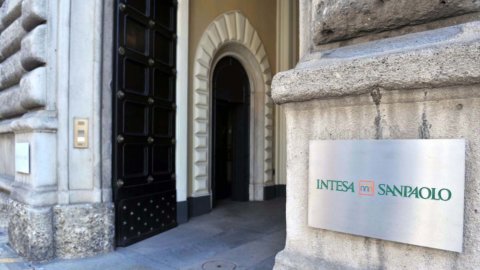There was “a proliferation” of the instrument of tax credit, even with "criticality profiles". It is starting from these considerations that the Senate Finance Committee unanimously gave the green light to start a fact-finding investigation on tax incentive instruments with a particular focus on the tax credit, because this institute has been preferred to other types, such as the direct non-repayable grant or interest account for companies or the tax deduction for natural persons.
They also added mode of use of the same credit, alternatives to the direct deduction of documented expenses, such as the assignment to the supplier of the accrued credit and related discount on the invoice or the assignment of the credit to third parties (banks and financial intermediaries).
Without prejudice, however, to the more general question of tax expenditure intended as incentives and public aid through tax legislation, the Finance commission of Palazzo Madama deemed it appropriate to carry out a careful study check in the first instance of the existing tax credits, also in the construction sector, for the purpose of assessing their validity and effectiveness, both for the purpose of supporting development and in terms of sustainability for public finances.
Tax credit: the objectives of the survey
1) the detection of tax credits in progress, with the census of the subsidy rules in force divided by year, sector of reference, percentage of public contribution, methods of use, total cost for public finance
2) identification of efficacy criteria, with the identification of the objectives of each subsidy instrument, the definition of an estimate of the effects on the sector concerned, on the GDP in general and on the revenue, in micro and macroeconomic terms
3) the assessment of application costs on taxpayers and the tax administration;
4) the mode of use, with the analysis of the same, of the relative conveniences and of the involvement of third parties;
5) theanalysis of critical issues and problems with respect to taxable income targets and fraudulent behaviour;
6) qualification and classification of instruments more adequate also through the proposal of a reform of legislative simplification and rationalization.
The proposed survey knowledge will come transmitted to the Presidency of the Senate for authorization to carry out.





